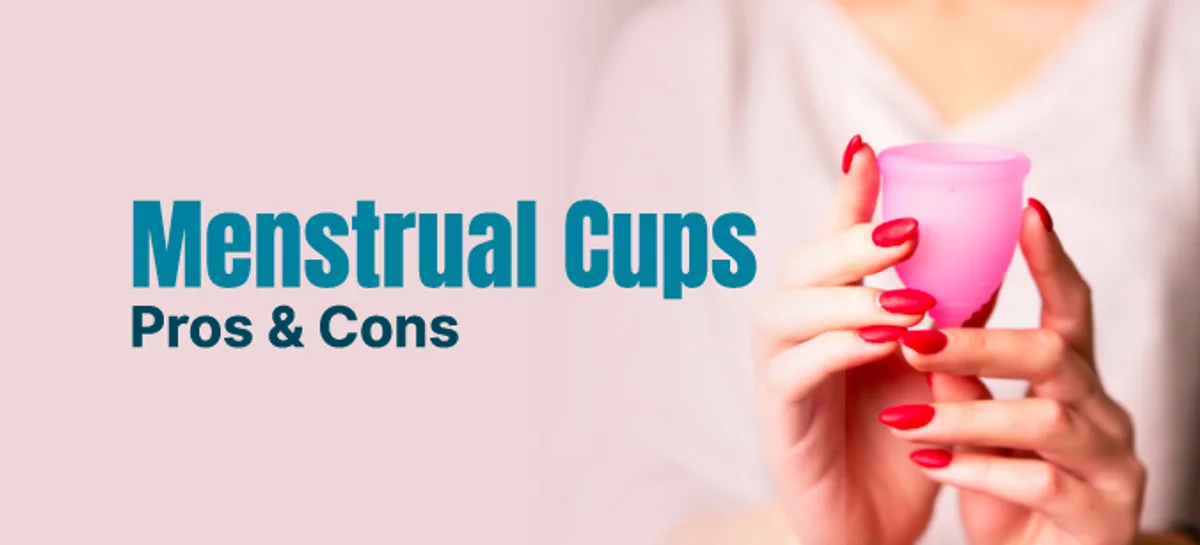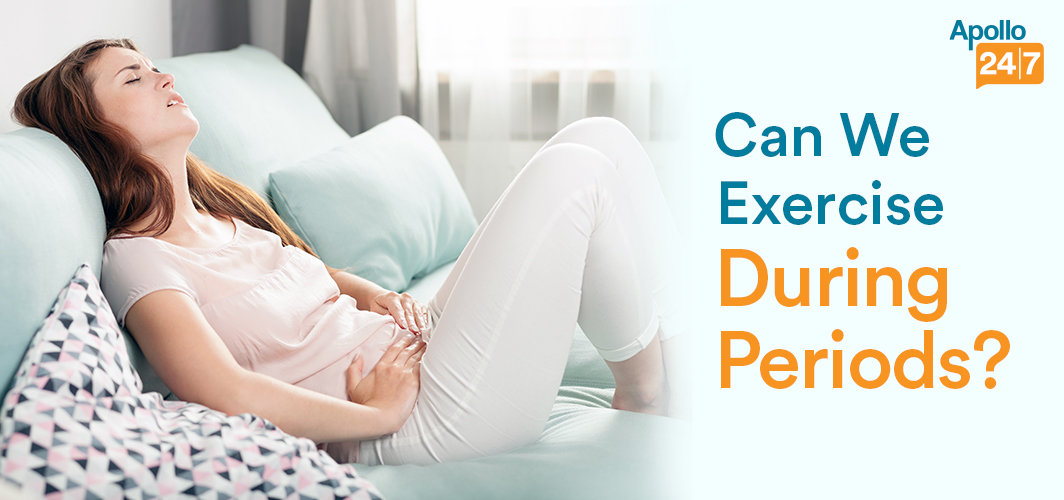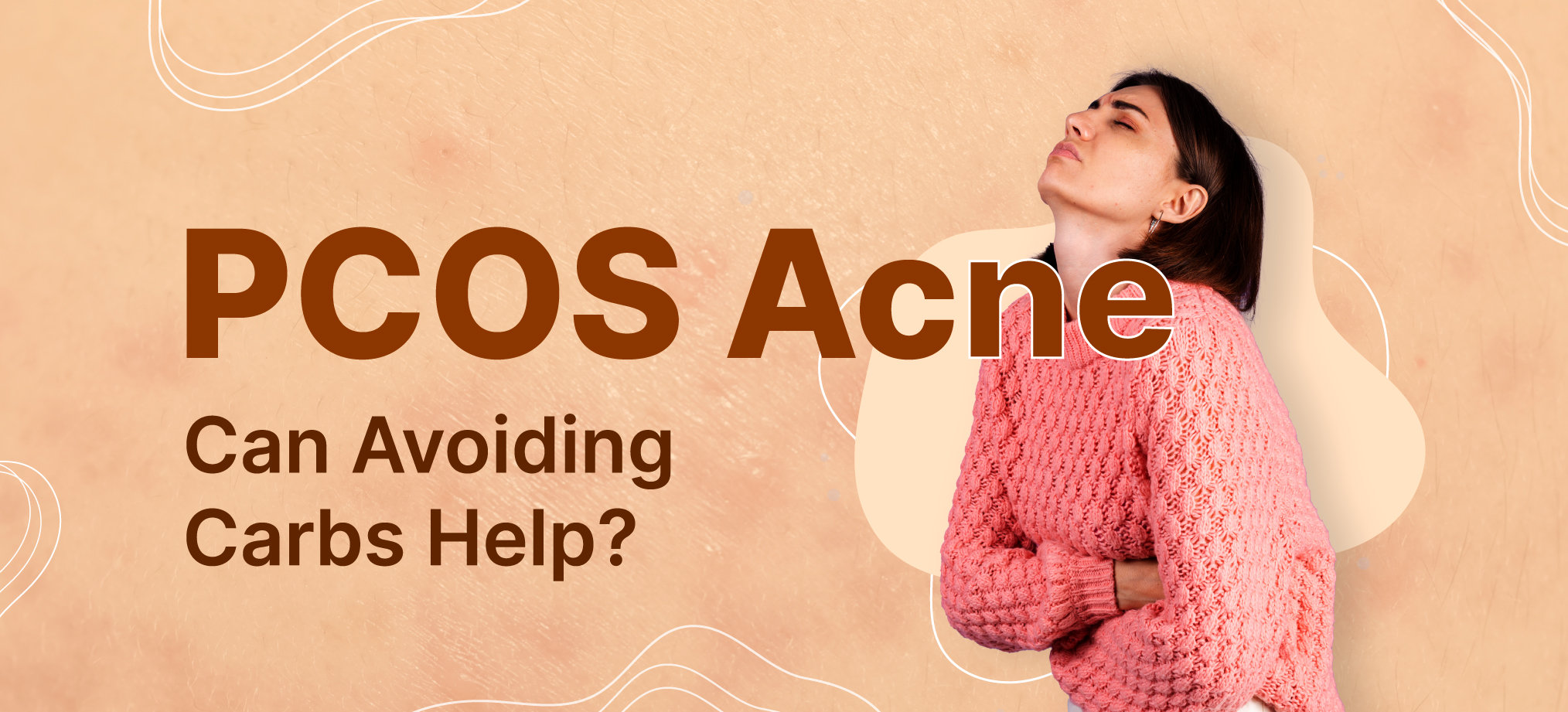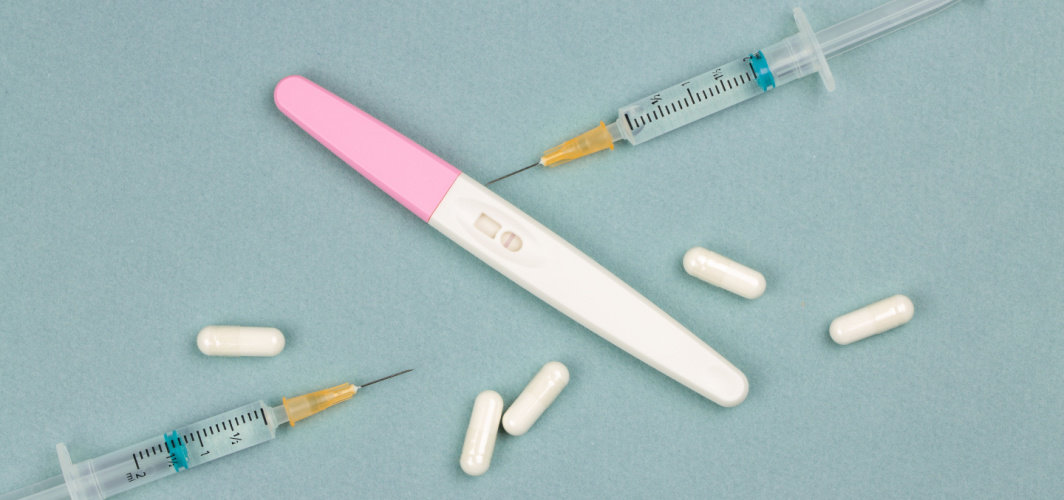- Home
- Blog
- Women Care
Are Menstrual Cups Safe?
Women Care
Are Menstrual Cups Safe?
By Apollo 24|7, Published on- 26 October 2022, Updated on -30 December 2022
Share this article
0
1 like

We all come across promotional advertisements for sanitary napkins now and then. But have you ever heard of menstrual cups? Menstrual cups are an increasingly popular and most talked about menstrual hygiene product lately. While they are considered sustainable and eco-friendly, are they safe to use? This article will explore the research on menstrual cup safety and hygiene and the potential health benefits of using them.
What are menstrual cups?
Menstrual cups or period cups are small, reusable cups that are inserted into the vagina to collect menstrual blood. They are typically made from silicone or latex and can be worn for up to 12 hours. Unlike tampons and pads, which absorb menstrual blood, menstrual cups collect it, thereby reducing the risk of toxic shock syndrome (TSS). TSS is a life-threatening complication characterized by the release of toxins in the blood by the overgrowth of bacteria.
Menstrual cup size
Menstrual cup sizes can be measured by the amount of blood flow one has during periods. Some specifications for first-time users include the following:
- Menstrual cups come in common small, medium, large, and extra-large sizes.
- They are also available in sizes 1 and 2 or A and B.
You can talk to a gynaecologist to be sure of which size would fit you the best.
Are Menstrual Cups Safe To Use?
There is strong evidence to suggest that a menstrual cup is safe.
- A recent systematic review found that menstrual cups are associated with a lower risk of Toxic Shock Syndrome (TSS) than tampons. It also reduces the risk of other infections, such as yeast or bacterial vaginosis.
- Another study found that women who used menstrual cups were less likely to experience bacterial vaginosis than women who used tampons.
- Menstrual cups are hygienic. They are made of medical-grade silicone, a safe and non-porous material that does not harbour bacteria.
- In addition, menstrual cups can be washed with soap and water or sterilised between uses, making them even more hygienic. Menstrual cup benefits outweigh the risks associated with their usage.
What Are the Pros and Cons of Using Menstrual Cups?
Advantages of using a menstrual cup:
- Reduced chances of Toxic Shock Syndrome: Menstrual cups are associated with a lower risk of TSS than tampons.
- Lower Risk of Other Infections: Menstrual cups are associated with a lower risk of yeast or bacterial infections.
- Lesser Chemical Exposure: Menstrual cups do not contain any bleach or other harsh chemicals that can be found in some tampons and pads.
- Reduced Environmental Impact: Menstrual cups are eco-friendly and can be used for years, unlike tampons and pads.
- Cost-Effective: Menstrual cups are a more cost-effective menstrual hygiene option in the long run than tampons and pads.
Disadvantages of using a menstrual cup:
- Irritation: If one is wearing the wrong cup size, it can lead to irritation, itching, and leakage.
- Uneasiness: The process of inserting and removing the cup can be uneasy, especially in public places.
Menstrual cups are a safe, hygienic, and cost-effective menstrual hygiene option. They are associated with a lower risk of TSS and other infections than tampons. If you are considering using a menstrual cup but are unsure of the right size,
Consult An Apollo Gynaecologist
Medically reviewed by Dr Sonia Bhatt.
Services
Women Care
Leave Comment
Services
Recommended for you

Women Care
Can You Exercise During Your Periods?
Want to know whether you can exercise during periods or not. Then, you should read this blog and know what types of exercises you can perform and what type of exercises you should not perform during periods.

Women Care
7 Tips To Manage PCOS Acne
Acne caused by polycystic ovary syndrome (PCOS) is a common skin problem among women. Not to mention, keeping it under control is a major struggle. Explore useful tips on how to avoid breakouts in PCOS through this blog.

Women Care
Laparoscopy For Infertility: Procedure, Uses And Recovery
Discover laparoscopy for infertility: Learn about the procedure, uses, recovery, and potential for achieving pregnancy. Get informed today!
Subscribe
Sign up for our free Health Library Daily Newsletter
Get doctor-approved health tips, news, and more.

